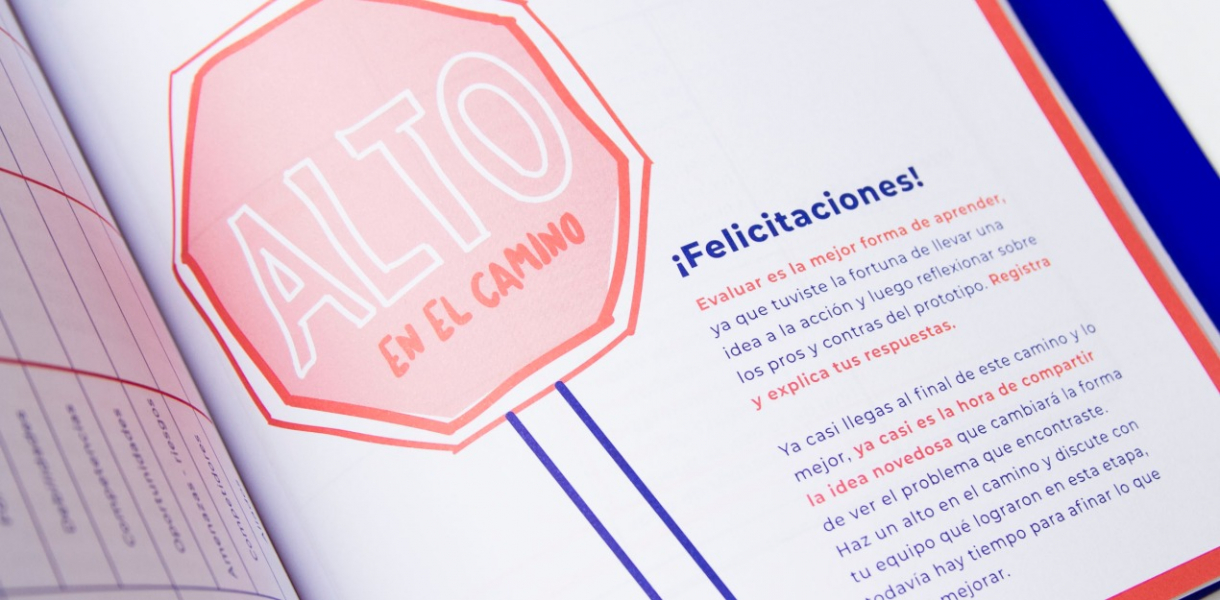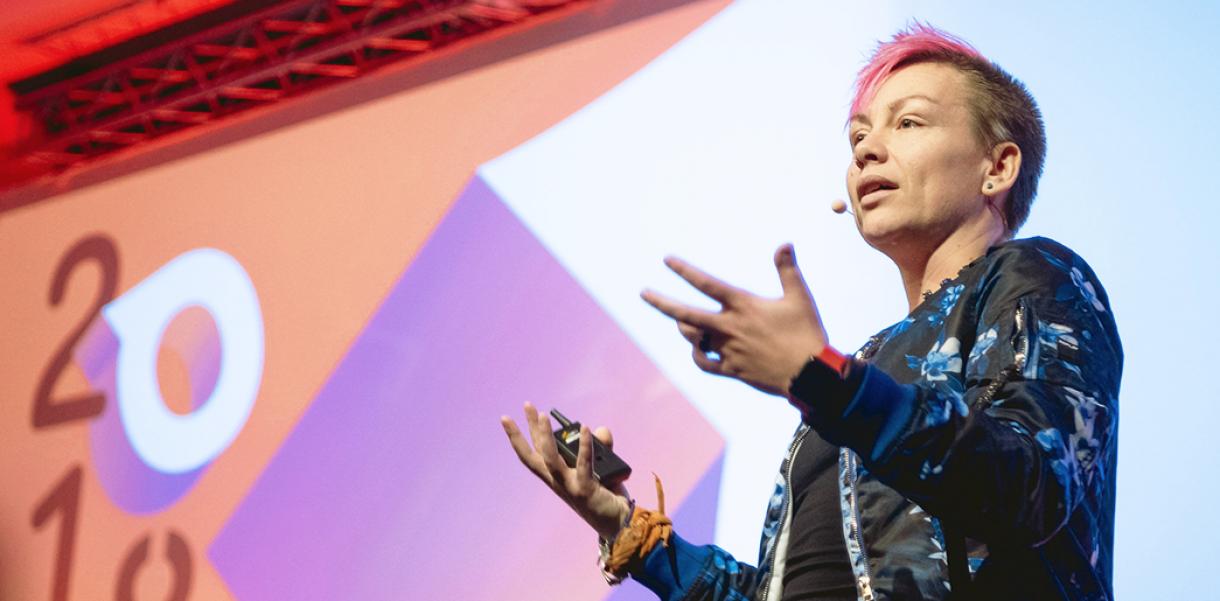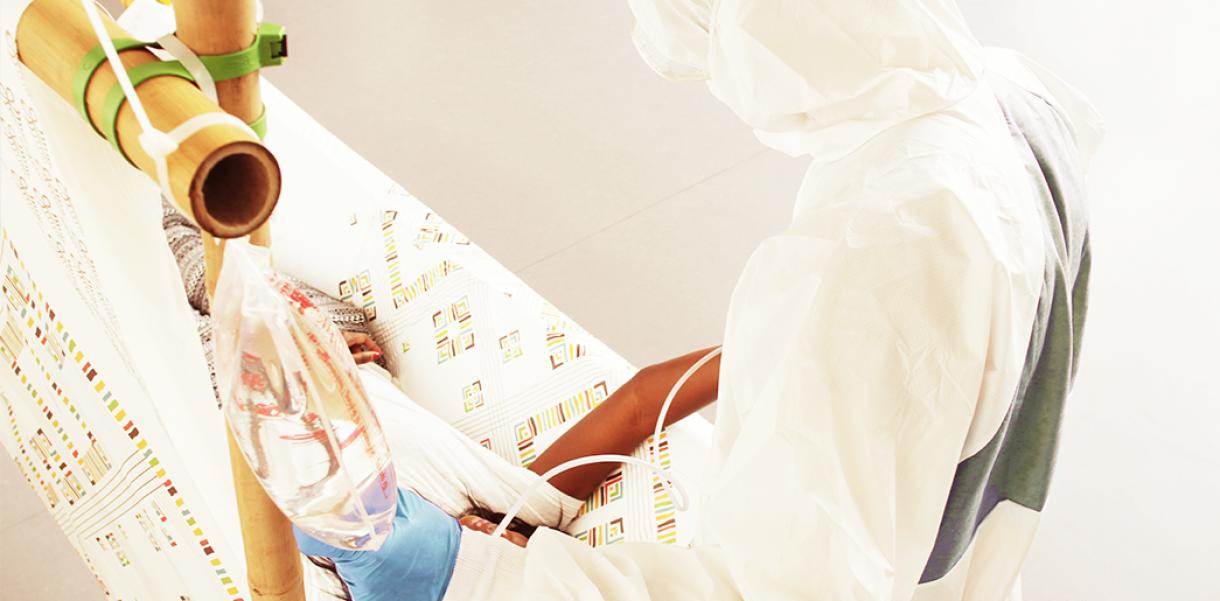You could argue that education was one of the most profoundly disrupted industries in the previous year. Online learning became the norm, making access to education both more accessible and inaccessible. Toys, books and games created awareness and empathy to make us understand the incomprehensible. In total, 75 Diseño Responde tapped into the immense potential within education to create impact. These are the six chosen finalists!
DinaMeet is an online class platform designed for children on the first basic cycle to encourage interest in their education. This idea incorporates multiple features, including a system of creation, meeting scheduling, and games involving customisation of an avatar with accessories obtained through points given by the teacher. Designed by Universidad del Desarrollo, Chile.
This interactive board brings two children together to play and communicate remotely. The design is simple and accessible: Through interchangeable maps and magnetic, reciprocal pieces attachable to the map, CMOS sensors can send the positions of the magnetics in-between the children to replicate and reciprocate. Designed by Universidad del Desarrollo, Chile.
AMU is a family of elements with playful and interactive activities that strengthen the development of psychomotor skills, learning skills and family ties. The psychomotor development is known to be crucial in learning how to read and write. Through these five elements, parents and guardians can help their children develop these skills from home. Designed by Universidad Iberoamericana, Mexico.
Latin America and Peru, where this design is from, is experiencing a serious problem with violence against women and femicides. Through the book/exhibition "We Are Killing", readers experience cases of femicides so chilling that they caused great national commotion. The book is meant to expose society’s role and responsibility in confronting this dark problem. Designed by Brayan Pinto, Aranda and Adriana Falcon, Peru.
LOI helps fight childhood obesity through play and promoting healthy habits. The tech companion establishes an emotional bond with the child, accompanies him through different scenarios and introduces him to characters that guide his learning and exercise progress, which parents can monitor from the LOI app. Designed by Universidad del Desarrollo, Chile.
Biodesign in schools is a disruptive concept advocating for 21st-century skills, uniting the knowledge of the natural sciences with those of the creative areas. These competencies are essential for students to face the challenges of the world. It also teaches students to make ethically responsible decisions with their lives, environment, and world. Designed by Universidad de los Andes, Colombia.






